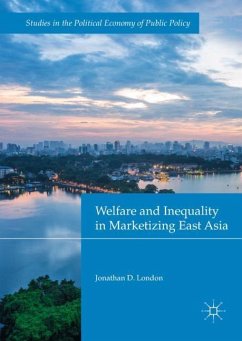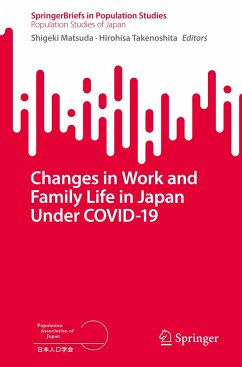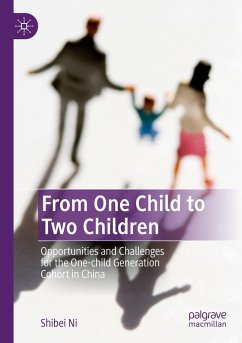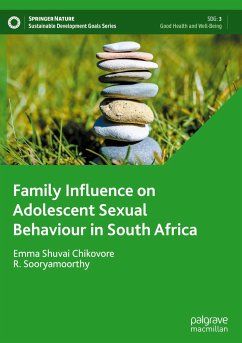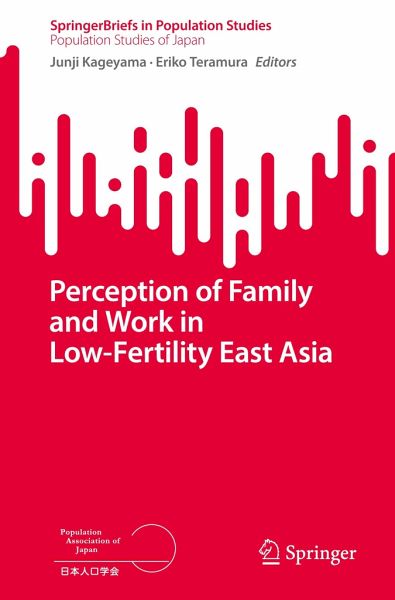
Perception of Family and Work in Low-Fertility East Asia

PAYBACK Punkte
19 °P sammeln!
This book is the first of its kind to incorporate subjective well-being (SWB) data to comprehensively explore perceptional factors that relate to fertility behavior in East Asia. The advantage of SWB data lies in the accessibility to rich information regarding perceptions, attitudes, and behaviors. With this advantage, the book inquires into the perceptions toward family and work and explores the attitudes that lead to low fertility in the region.To this end, first a comparative analysis with international cross-sectional data is performed and the East Asian characteristics of family and work ...
This book is the first of its kind to incorporate subjective well-being (SWB) data to comprehensively explore perceptional factors that relate to fertility behavior in East Asia. The advantage of SWB data lies in the accessibility to rich information regarding perceptions, attitudes, and behaviors. With this advantage, the book inquires into the perceptions toward family and work and explores the attitudes that lead to low fertility in the region.
To this end, first a comparative analysis with international cross-sectional data is performed and the East Asian characteristics of family and work perceptions are documented. Then, three democracies in the region are focused on-Japan, South Korea, and Taiwan-to investigate the relationships between cultural orientations, work-life balance, and fertility outcomes with panel data. In addition, East Asian results are compared with those in India, which has also been experiencing a rapid transition from a traditional society to anindustrial one. The results support the idea that the friction between persistent gender-based role divisions and socioeconomic transformation in East Asia makes it difficult for women to balance family and work, prompting fertility decline to the lowest-low level in the region.
To this end, first a comparative analysis with international cross-sectional data is performed and the East Asian characteristics of family and work perceptions are documented. Then, three democracies in the region are focused on-Japan, South Korea, and Taiwan-to investigate the relationships between cultural orientations, work-life balance, and fertility outcomes with panel data. In addition, East Asian results are compared with those in India, which has also been experiencing a rapid transition from a traditional society to anindustrial one. The results support the idea that the friction between persistent gender-based role divisions and socioeconomic transformation in East Asia makes it difficult for women to balance family and work, prompting fertility decline to the lowest-low level in the region.





